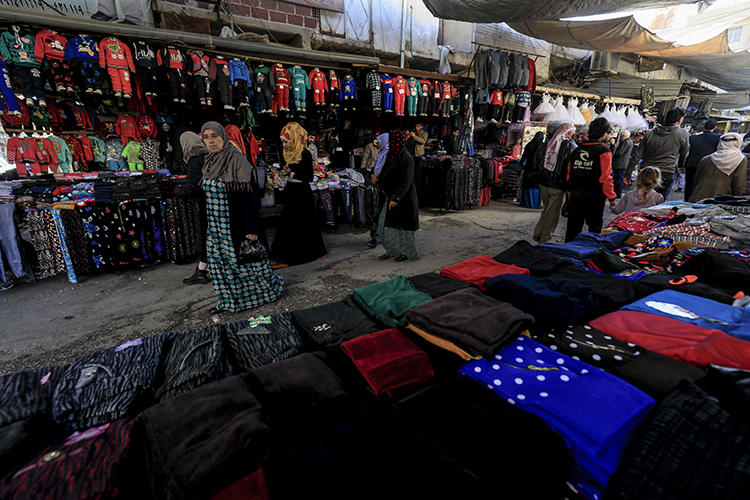Syrian writer Souleman Yousph, a contributor to several media outlets, including the Assyrian news website Ankawa, the independent Arabic news website Elaph, and the political and cultural online secular magazine Ahewar, was arrested and detained without charge on September 30, 2018, and held for five days. An eyewitness to the arrest who asked to remain anonymous for fear of retaliation informed CPJ on October 4, 2018, that Yousph had been released.
At 9:00 p.m. on September 30, several members of the Sutoro police, an ethnically Assyrian force, arrested Yousph, who is ethnically Assyrian, at his home in the city of Qamishli without informing him of the charges and took him to an unknown destination, according to news reports, Reine Hanna, director of the Assyrian rights group Assyrian Policy Institute, and eyewitnesses to the arrest who asked to remain anonymous for fear of retaliation. The Sutoro police are affiliated with the Syriac Union Party, which cooperates closely with the People’s Protection Units [YPG]-affiliated Kurdish Asayish forces in Syriac Christians areas in northeastern Syria.
Two eyewitnesses who talked to CPJ on condition of anonymity said a convoy of three pick-up trucks, carrying around 10 Sutoro police officers, arrived at Yousph’s home in Qamishli and asked for him.
“They told him that he was required to go with them without mentioning any reason for it. They subsequently insisted on searching the apartment and six Sutoro officers went in and seized a laptop, a computer, and four cell phones while the remaining policemen stood guard outside. They took Yousph and left,” the eyewitnesses added.
On September 5, 2018, Yousph published an article criticizing the Kurdish Democratic Union, the political wing of the People’s Protection Units, and its ally, the Syriac Union Party, for ordering in August the closure of private Assyrian schools that have been run by the Syriac Orthodox Church and the Chaldean Catholic Church since the 1930s and trying to impose a Kurdish nationalist curriculum in public schools. Yousph defended those private schools as prominent symbols of the Assyrian presence in Syria and the local canton and criticized the People’s Protection Units for trying to bring schools and education under their control and for cooperating with the government of Syrian President Bashar al-Assad.
In the days prior to his arrest, Yousph published a series of posts on his Facebook account, which has around 1,250 followers, accusing the Syriac Union Party of ignoring the private schools run by the church and destroying the social, cultural, and educational structures of Assyrian society. The posts also criticized the de facto Kurdish local authorities for implementing measures aimed at forcing children to attend Kurdish schools, and condemned an assault on Assyrian writer Issa Rashid in Qamishli on September 22.
One day after his arrest, the Sutoro police released a statement on Facebook saying that action had to be taken against those spreading lies, that democracy has rules and limitations, and that defamation is punishable by law in Western countries. The arrest of Yousph was not mentioned.
The Sutoro police force did not immediately reply to CPJ’s request for comment.
